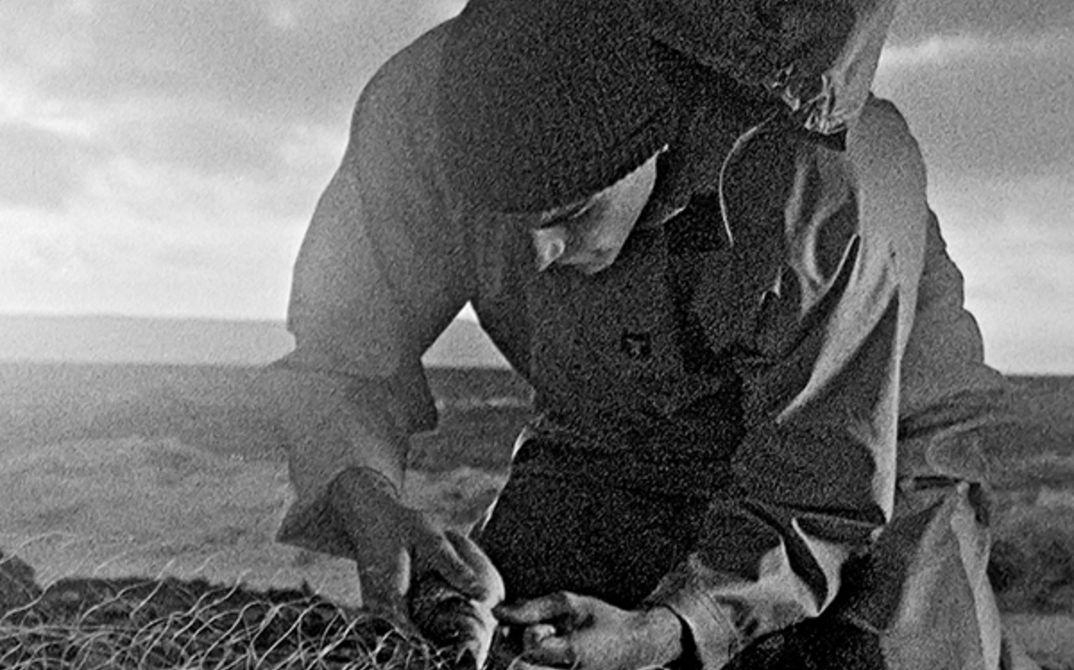88 min. English.
The picture-postcard idyll of the Cornwall fishing village is misleading. While fishing used to be a way of supporting oneself, wealthy London tourists have now descended and are displacing the locals, whose livelihood is thus threatened. The relationship between brothers Steven and Martin is also strained. Martin is a fisherman without a boat, since Steven started using it for far more lucrative tours for all the day-trippers. They’ve sold the family cottage and now it seems that the final battle to be fought is that with the new owners over the parking space next to the sea. Yet the situation soon gets out of hand, and not just because of the wheel clamp.
Bait is a black-and-white film shot on hand-processed 16mm. Numerous close-ups of fish, nets, lobsters, wellington boots, knots and catch baskets bring to mind the theory of a montage of attractions. The depiction of the different social strata – one could speak of class relations – is also reminiscent of the tradition of social realism in British cinema. Above all, however, a whole lot of current political relevance is waiting to be discovered beneath the different layers of film historical references contained in the images. (Anna Hoffmann)
Mark Jenkin was born in 1976. He grew up in Cornwall (United Kingdom), where he still lives today. He attended Bournemouth University from 1995 to 1998. Since 1997, he has made more than fifty short films. Besides his activities as a filmmaker, Jenkins is an associate lecturer at Falmouth University in Cornwall, where he lectures in film. In 2012, he wrote the Silent Landscape Dancing Grain 13 Film Manifesto, which comprises thirteen rules that he follows when making his own films.
